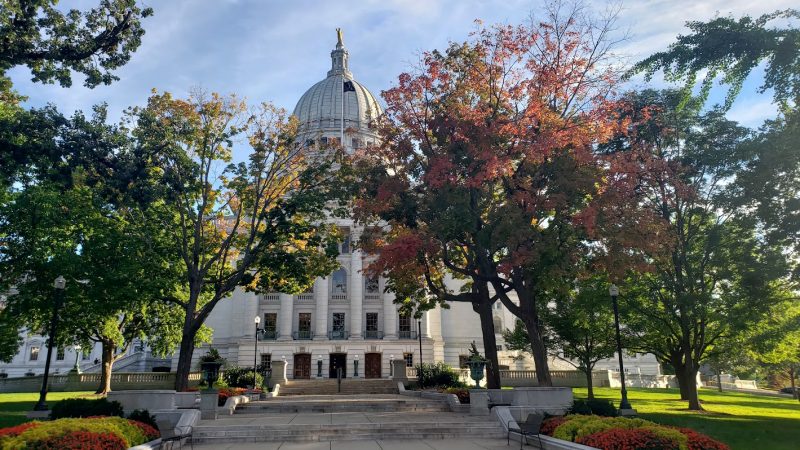The state finished the fiscal year with about $267.9 million more in the general fund than previously anticipated, according to the state’s newly released annual fiscal report. The Legislative Fiscal Bureau had previously projected the state would end the fiscal year on June 30 with a $4.3 billion surplus. Yesterday’s report put the general fund balance at $4.6 billion. Gov. Tony Evers said his ...
Please log in to access subscriber content.
If you don't have a subscription, please contact schmies@wispolitics.com for subscription options on the WisPolitics-State Affairs platform, which is the new home for WisPolitics subscriber products.

